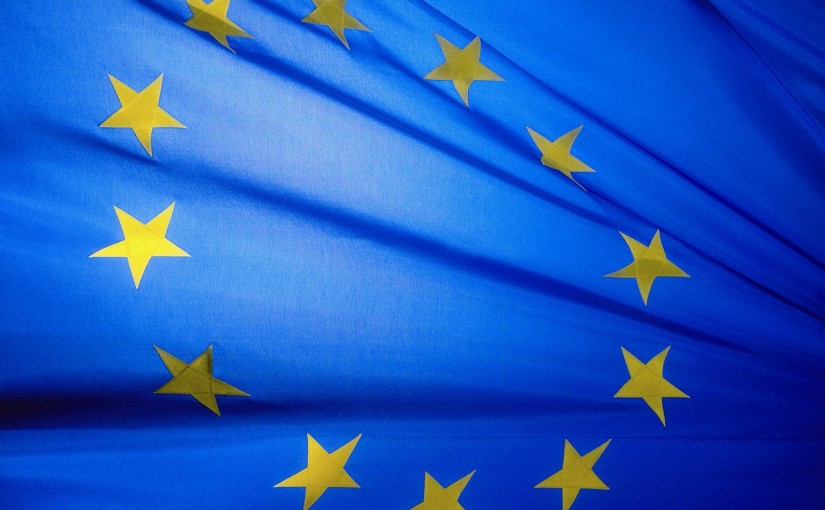Mozambique: Banks lower benchmark rate to 17.4% in July
Mozambique’s debt audit should serve to restore confidence in the country – EU

The EU representative in Mozambique Sven von Burgsdorff says he hopes that the audit of the state’s hidden debts, due to be released this week, will serve to restore the confidence of all in the country.
“This audit should serve to restore confidence with national and international markets, with donors and, above all, with Mozambican citizens,” von Burgsdorff said in an interview with Lusa on the occasion of Europe Day, yesterday.
The EU leads the 14-member group that supports the Mozambican state budget and which, a year ago, along with the International Monetary Fund (IMF), suspended transfers after the Mozambican government acknowledged EUR 1.25 billion in undeclared debts contracted by public companies.
The partners have made renewed budget support dependent on an audit of those hidden debts, which, after three postponements, is scheduled for Friday.
Once the audit is known, the next steps will be taken by the “competent authorities, starting with the Attorney General’s Office, the Ministry of Finance” and others, as the case may be, von Burgsdorff added, refusing to be drawn on what steps he himself thought should be taken.
For the EU, as a donor, auditing was a “key point”, he said. However, in order to resume European support to the state budget, it would be necessary “to wait for the agreement with the International Monetary Fund to be reinstated”.
“According to reports, the Washington meetings” held in April between the government and the Fund were “good”, and now was now necessary to “see what the next steps are,” he said.
The European Union has budget support ready and waiting for progress. “We now have EUR 40 million frozen and depending on progress. We are waiting for the [national] authorities and the International Monetary Fund,” von Burgsdorff added.
Between 2006 and 2016, the EU mobilized US$2.5 billion in support of Mozambique’s state budget, in addition to supporting projects, NGOs and other sectoral activities across the country, which have not been affected by the freeze.
The brake has been applied only to transfers to direct transfers to the Mozambican state budget and, under its agreement with the EU, it is up to the government to “ensure transparency and accountability of the mobilized funds”. “Of course we hope, and I have every confidence that this happens, that these commitments will be respected,” von Burgsdorff said.
Von Burgsdorff said he thought the Mozambican debt crisis should be seen as an occasion to learn from what had happened and create a public funds management systems “which works”.
This will be especially important when large fiscal revenues from the exploitation of natural gas – now projected at around 2023 – start to enter the state coffers.
“We now have an important window of opportunity to create systems that work to manage billions of Euros per year for everyone’s benefit,” he said.
The value may even be higher. The International Energy Agency estimated two years ago that Mozambique would receive EUR 91 billion between 2020 and 2040 in revenue from the country’s natural resources.
“Models exist, and Mozambique can be inspired by good practices,” said the EU’s representative in Mozambique.
“This crisis that began a year ago is an opportunity to create the basis for sustainable peace, participatory democracy and good management for inclusive and sustainable development,” he concluded.













Leave a Reply
Be the First to Comment!
You must be logged in to post a comment.
You must be logged in to post a comment.